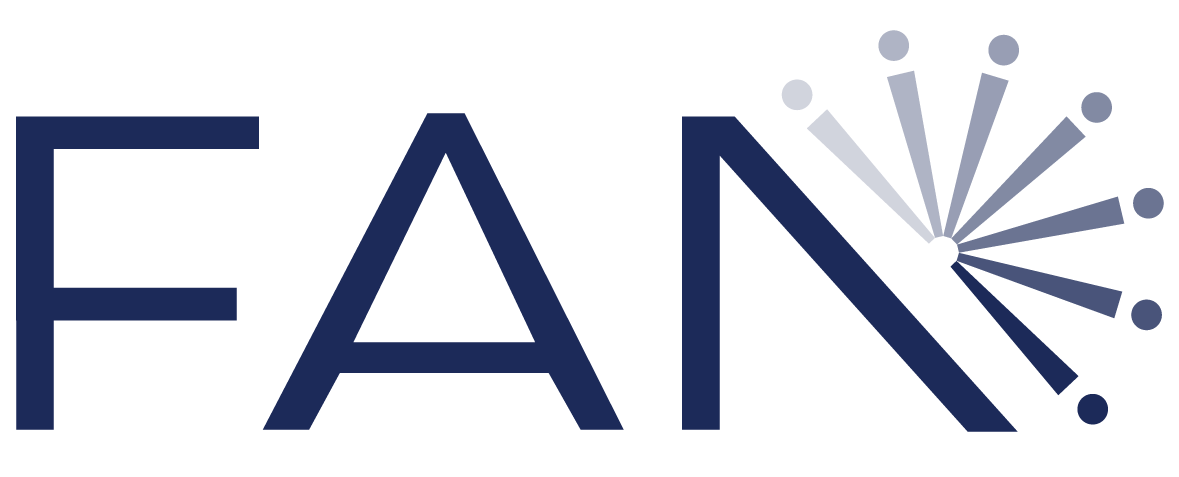Jamie Lewis Keith, Distinguished Senior Law and Policy Fellow, EducationCounsel
with Jamie Lewis Keith, EducationCounsel
By June 2023 if not before, the U.S. Supreme Court will rule on two cases that are expected to directly impact undergraduate and graduate admissions, as well as other student programs that seek to increase racial and ethnic diversity at Ivy+ universities and across the U.S. In these cases, the Court is being asked to overrule or further constrain longstanding decisions that, within legal design parameters, allow institutions of higher education to consider applicants’ race in holistic admissions review to create diverse learning communities that benefit all students.
A range of outcomes is possible, and the specifics can’t be predicted. However, the Court’s decisions are expected to increase the challenges to achieving diversity aims of FAN members. Without denying the likely impacts, it will be extremely important not to over- or underreact to the decisions. For example, different legal regimes apply to race-conscious student and faculty diversity initiatives; and the decisions will only be binding in the student context. Even in the student context, avenues will remain to advance racial and ethnic diversity.
Jamie Lewis Keith shares her decades of experience in effective and legally sustainable strategies to advance diversity in higher education with FAN members. Keith’s “can do” workshop is tailored for Ivy+ faculty, department leaders, and college administrators committed to advancing racial and other forms of diversity in their departments, disciplines, and universities. Focusing on graduate education and faculty hiring, in particular, this program answered:
Photo by Joe Ravi via Wikimedia Commons
What are the distinctions between how race/ethnicity can be considered in admissions and other student programs versus faculty and postdoc hiring?
In the face of strong legal and political headwinds, what tools will likely remain available and effective—whatever the Supreme Court decides—to advance racial diversity at the department and school/college level?
How can faculty identify and remove the barriers to considering race in their policies and practices?
What are the opportunities to inspire leadership and evolve thinking by faculty about priorities and definitions of “merit”?
This workshop offered opportunities for participants to engage Keith and to meet in small groups with faculty from similar university settings.
Results of small-group discussions, key resources and links, and a downloadable slide deck are available by clicking here.
Advancing Racial Diversity: What Academic Departments Likely Can (Still) Do, Whatever the Supreme Court Decides, with Jamie Lewis Keith of EdCounsel [Click here for related resources]
About Jamie Lewis Keith
Jamie Lewis Keith is Distinguished Senior Law and Policy Fellow at EducationCounsel. Ms. Keith's 38-year legal career as a policy and legal leader, includes a focus on higher education and academic research diversity, equity, inclusion, free expression, quality, research policy, compliance systems, and governance. Her practice includes a significant focus on these issues within the context of science, technology, engineering, mathematics and medical fields.
Previously, she was a Partner at EducationCounsel, the Vice President, General Counsel and University Secretary for the President and Board of Trustees at University of Florida, and Senior Counsel (first primary inside counsel) at Massachusetts Institute of Technology (MIT), where she was also responsible for enterprise risk management and oversaw environmental sustainability and safety functions. Keith represented MIT in the Ivy+ general counsels’ group, served for 10 years on the general counsel steering committee of the Association of American Universities (AAU), serves as the primary law/policy adviser to the SEA Change program of the American Association for the Advancement of Science, and co-led the development of the AAAS and EducationCounsel Diversity and the Law: 2010 and 2021 resources, funded by the Alfred P. Sloan Foundation. Keith is working with foundations, AAAS, and higher education institutions and associations to guide them on what can be done in this challenging legal and societal landscape to support continued commitment and advancement of diversity and equity in STEMM and beyond. EdCounsel’s Art Coleman and Jamie Keith led the development of an Amicus Brief for the universities in the pending Supreme Court cases against Harvard and UNC.


